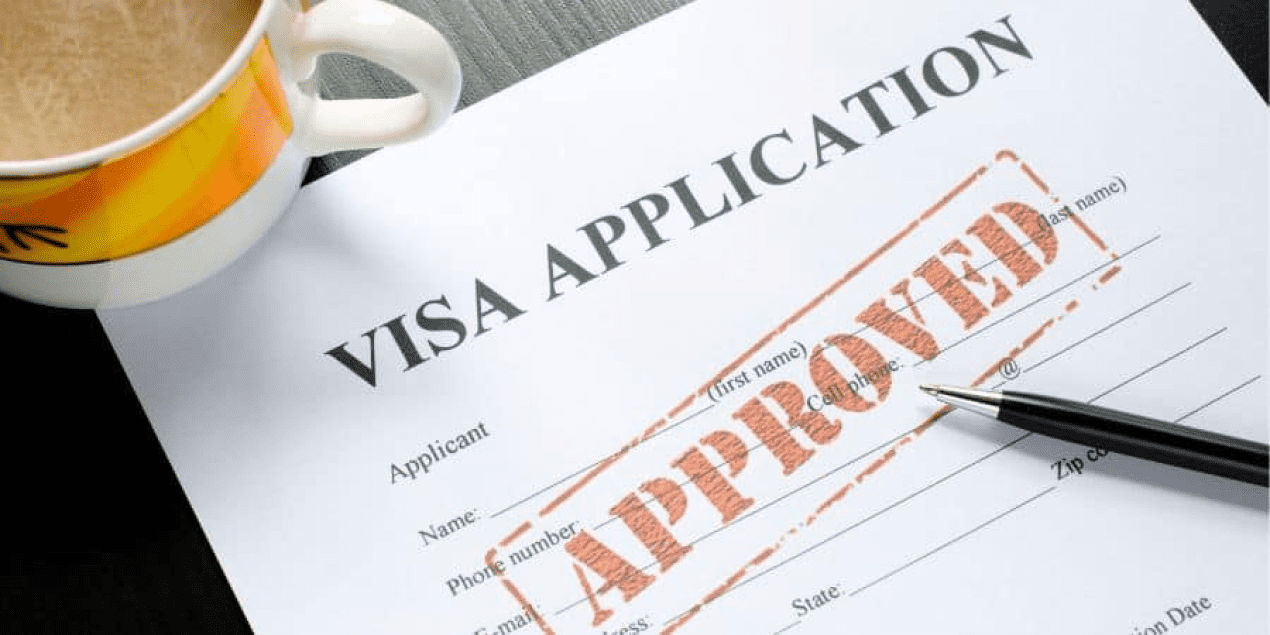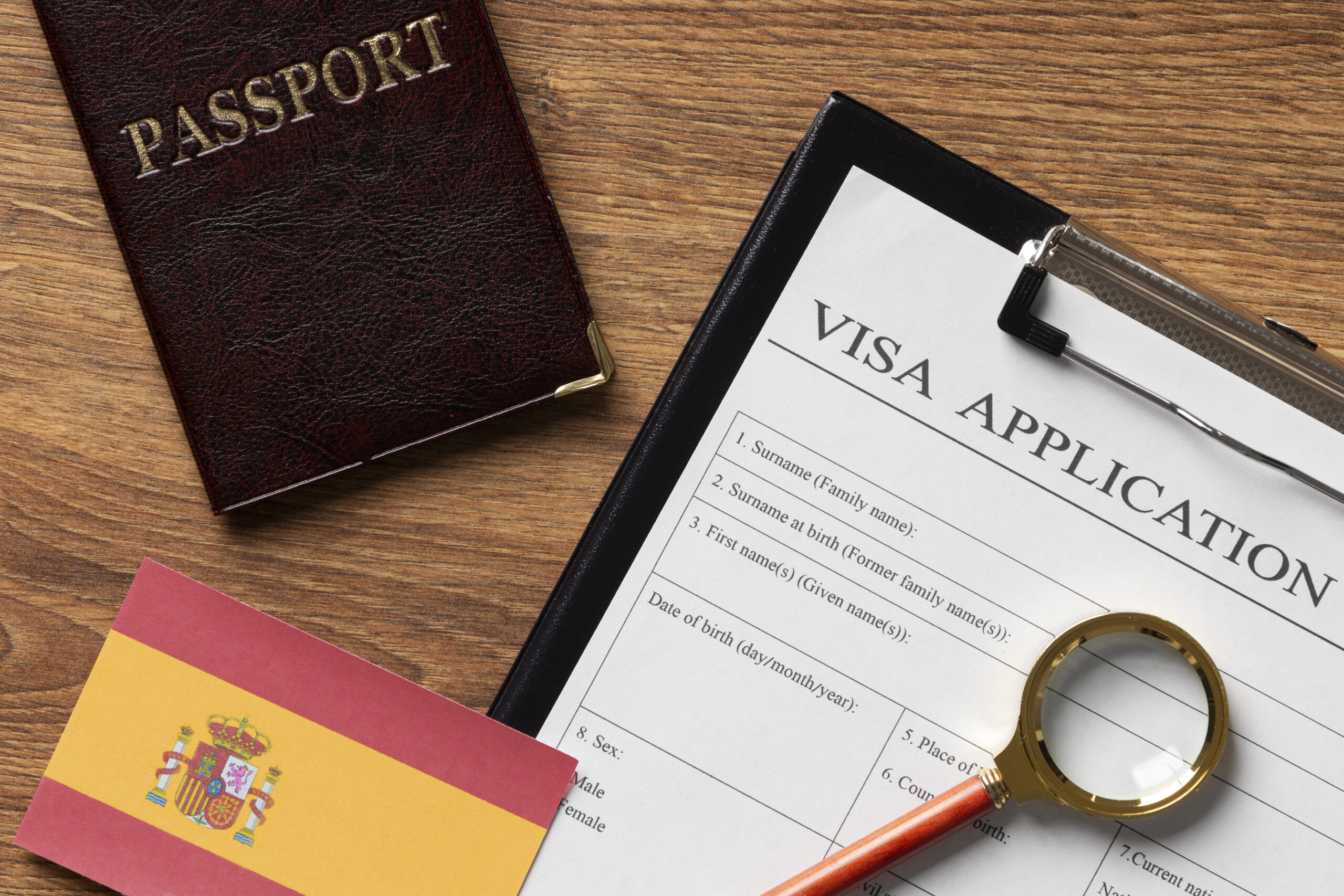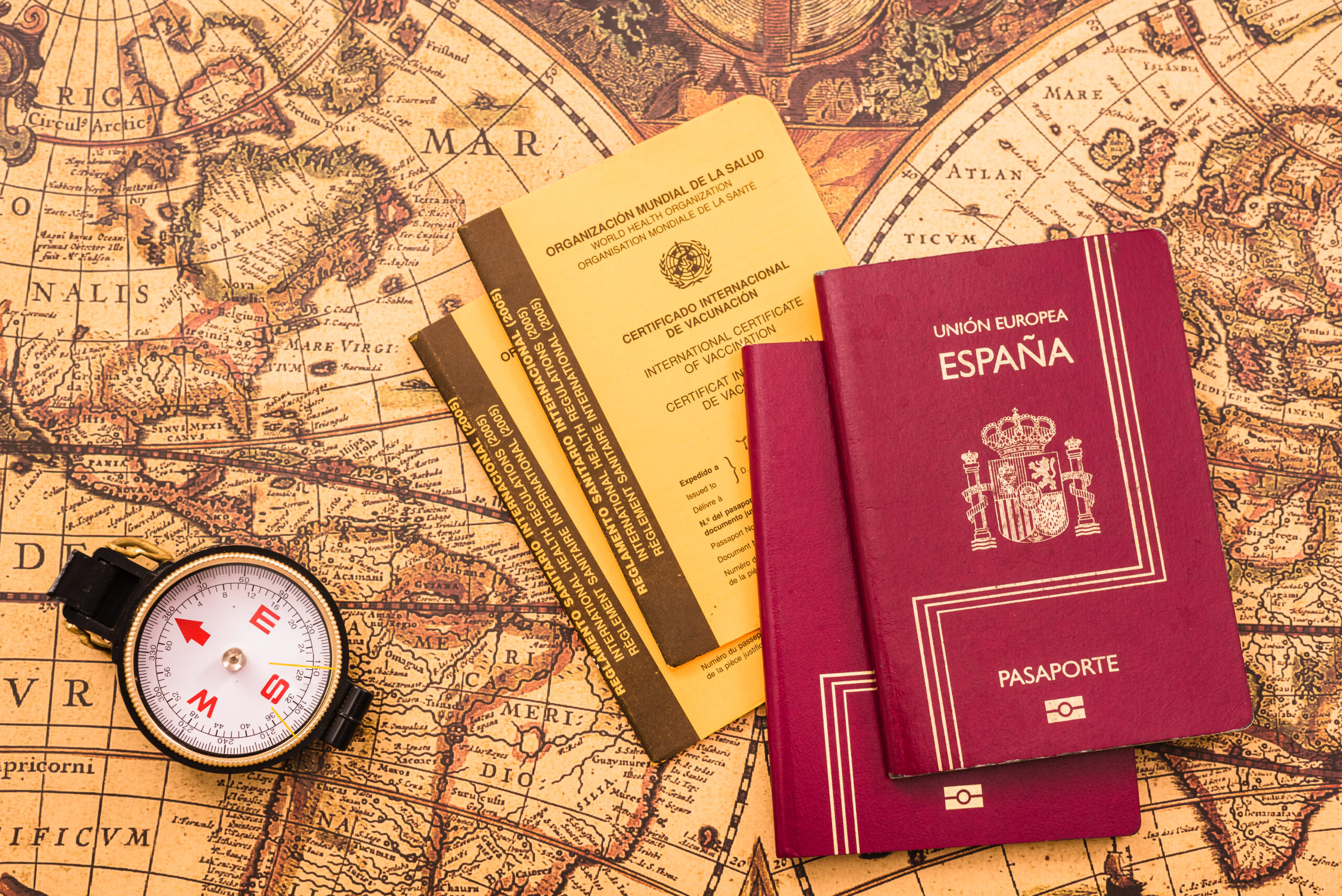7 Proven Steps for Immigration to Spain: Your Ultimate Guide to Moving Abroad
- Home
- 7 Proven Steps for Immigration to Spain: Your Ultimate Guide to Moving Abroad

7 Proven Steps for Immigration to Spain: Your Ultimate Guide to Moving Abroad
Immigration to Spain has become an increasingly popular option for individuals and families seeking a better quality of life, access to a vibrant culture, and opportunities for career growth. From its sunny Mediterranean coastline to its rich historical heritage, Spain offers a unique combination of lifestyle benefits that attract thousands of immigrants every year. However, the process of relocating to Spain involves careful planning, research, and understanding of both legal and social requirements.
In this comprehensive guide, we’ll explore 7 proven steps for a seamless immigration to Spain, designed to help you navigate the complexities of the process and settle into your new home with ease. Whether you’re moving for work, education, retirement, or simply seeking a lifestyle change, this guide will provide the essential information you need to ensure your immigration to Spain is smooth and successful.
Why Spain is a Top Destination for Immigrants

Spain has long been a favored destination for immigrants from all over the world due to its high standard of living, affordable cost of living, excellent healthcare system, and world-renowned culture. For many, immigration to Spain means enjoying the laid-back Mediterranean lifestyle, vibrant cities like Madrid and Barcelona, and access to beautiful beaches, mountains, and cultural landmarks.
Over the past decade, Spain has consistently ranked as one of the top European countries for quality of life, drawing immigrants not only from Europe but also from Latin America, North America, and Asia. However, before packing your bags, it’s important to understand the legal and logistical steps involved in making this move. Let’s explore the 7 proven steps to help ensure a seamless immigration to Spain.
Step 1: Research Visa Requirements for Immigration to Spain
The first and most crucial step in your immigration to Spain journey is understanding the visa requirements and legal pathways available. Spain offers a variety of visas depending on your purpose of stay, whether it’s work, education, family reunification, or retirement.
Types of Visas for Spain
- Work Visa: If you’re planning to move to Spain for employment, a work visa is essential. Employers must first sponsor your application, and you’ll need to meet specific criteria such as qualifications and a job offer from a Spanish company.
- Student Visa: If you’re a student wishing to attend university or pursue a course in Spain, you’ll need a student visa. This type of visa allows you to stay in the country for the duration of your studies and may come with opportunities for part-time employment.
- Non-Lucrative Visa: This visa is ideal for retirees or those with sufficient financial means who do not intend to work in Spain. It requires proof of financial stability and comprehensive health insurance.
- Golden Visa: A residency option for those willing to invest in Spain through property purchases or other forms of capital investment.
- Family Reunification Visa: For those seeking to join family members already living in Spain.
Before starting your application, visit the Spanish Consulate website in your country to confirm the specific requirements for your visa category. Each visa type has distinct eligibility criteria, documentation, and application timelines.
Documentation Required
- Valid passport
- Proof of income or financial means
- Health insurance policy
- Criminal background check
- Proof of accommodation in Spain
- Visa application form (specific to your visa type)
By gathering all necessary documents early, you’ll save time and avoid delays.
Step 2: Plan Your Finances Before Immigration to Spain
One of the most critical aspects of immigration to Spain is ensuring you have adequate financial resources to support yourself and your family during the move and after arrival. Spain has a relatively affordable cost of living compared to many Western European countries, but you’ll still need to budget for initial expenses.
Budgeting for Immigration
- Visa Fees: Each visa comes with its own set of fees, ranging from €60 to €1,500, depending on the type of visa and application.
- Airfare and Moving Costs: Include the cost of one-way tickets to Spain, shipping household goods, and any temporary storage fees.
- Rent and Housing: Depending on the city or region, rental prices vary. Madrid and Barcelona tend to be pricier, with rents averaging around €1,000–€2,000 for apartments in central areas.
- Daily Expenses: Factor in food, utilities, transportation, and entertainment.
- Health Insurance: Private health insurance is required for many visa types, especially non-lucrative and Golden Visa applicants.
By developing a comprehensive budget, you can ensure that you’re financially prepared for both the short-term and long-term costs associated with living in Spain.
Step 3: Secure Accommodation in Spain
Once your visa is approved, finding accommodation should be your next priority. Housing markets in Spain vary widely depending on the region, so it’s essential to research the best area for your needs.
Renting vs. Buying Property
- Renting: Renting is the most common option for newcomers. Long-term rentals in major cities like Madrid, Barcelona, and Valencia can be found through popular online portals such as Idealista and Fotocasa. In smaller towns, you might find more affordable rental options.
- Buying: If you’re planning on long-term immigration to Spain, purchasing a property may be a viable option, especially if you are applying for the Golden Visa. Spanish property prices have been relatively stable, making it an attractive market for foreign buyers.
When securing housing, ensure you have a valid rental contract or proof of ownership, as this will often be required for visa and residency applications.
Factors to Consider When Choosing a Location
- Proximity to Work or School: Ensure that your new home is conveniently located near your workplace or your children’s school.
- Public Transportation: Spanish cities have excellent public transportation systems. Ensure your home is well-connected to metro or bus lines.
- Cost of Living: Rent and living costs vary significantly between cities and rural areas. Consider the overall affordability of the region.
Step 4: Arrange Health Insurance
Spain has one of the best healthcare systems in the world, offering both public and private healthcare options. However, health insurance is a mandatory requirement for many visa applications, and even if it’s not, it’s highly recommended to ensure you’re covered during your stay.
Public vs. Private Healthcare
- Public Healthcare: Spain’s public healthcare system is accessible to residents and citizens, offering high-quality services at minimal costs. To qualify for public healthcare, you’ll need to be a resident and either employed or paying into Spain’s social security system.
- Private Healthcare: For non-residents and newcomers, private health insurance is essential. Numerous providers offer tailored plans for expatriates, including options that cover pre-existing conditions and provide access to English-speaking doctors.
Health Insurance for Visa Applicants
Applicants for the non-lucrative visa, Golden Visa, or student visa are required to provide proof of comprehensive health insurance from a recognized provider. Ensure your plan covers hospital stays, emergency services, and outpatient care.
Step 5: Understand the Legal and Bureaucratic Process

Once you’ve arrived in Spain, there are several legal steps to complete to finalize your immigration status. Navigating the bureaucracy may seem daunting, but with the right preparation, you can handle it efficiently.
Registering for Residency (Empadronamiento)
Upon arrival, one of your first tasks is registering with the local municipal register, known as empadronamiento. This process establishes your residency in Spain and is essential for accessing public services, including healthcare and education.
- Visit your local town hall (ayuntamiento) with proof of your address and identification.
- Bring copies of your lease or property deed, your passport, and any other relevant documents.
Apply for Your Foreigner’s Identity Number (NIE)
The NIE (Número de Identidad de Extranjero) is your foreigner identification number and is required for nearly all legal, financial, and administrative activities in Spain. Whether you’re opening a bank account, paying taxes, or purchasing property, your NIE is essential.
Open a Spanish Bank Account
Opening a bank account is necessary for managing everyday expenses and paying rent, utilities, and taxes. Many Spanish banks offer specialized services for foreigners and expats, so shop around for the best options.
Step 6: Prepare for Cultural and Social Integration
One of the most exciting yet challenging aspects of immigration to Spain is adapting to the country’s culture and social environment. While Spain is known for its warm and welcoming people, integrating into a new society takes time and effort.
Learn the Language
While many Spaniards speak English, especially in urban areas, learning Spanish will make your day-to-day life easier and help you feel more connected to the local culture.
- Consider enrolling in Spanish language courses. Many cities offer classes specifically for expats, and language schools like Don Quijote or Babylon Idiomas are highly rated.
- Practice daily with locals or use language exchange platforms like Meetup.
Engage with Local Communities
- Join Expat Communities: Spain has a large expat population, and you’ll find communities in nearly every major city. These groups can offer support and advice on everything from finding housing to dealing with bureaucracy.
- Volunteer or Participate in Local Activities: To integrate more fully into Spanish society, consider volunteering or participating in community events. This is a great way to meet locals and learn more about Spanish customs and traditions.
Step 7: Finalize Your Residency and Settle into Spanish Life
The final step of immigration to Spain is settling into your new life and finalizing your residency paperwork. Once you’ve completed the initial steps—securing housing, arranging health insurance, and obtaining your NIE—there are a few additional tasks to complete.
Obtain Your Residency Card (TIE)
Once you’ve registered for your NIE and completed your empadronamiento, the next step is applying for your TIE (Tarjeta de Identidad de Extranjero). This is your official residency card, and it will be issued to you at your local immigration office.
- Bring all necessary documentation, including proof of address, health insurance, and financial stability.
Long-Term Residency and Citizenship
After living in Spain for five years with continuous residency, you may apply for long-term residency status, which grants more permanent rights and benefits. After ten years of residency, you may also apply for Spanish citizenship, although this comes with specific requirements, including language proficiency and an understanding of Spanish law.
Conclusion
Immigration to Spain is an exciting opportunity to enjoy one of the world’s most beautiful and culturally rich countries. By following these 7 proven steps—researching visa requirements, planning your finances, securing accommodation, arranging health insurance, navigating legal processes, integrating into Spanish society, and finalizing your residency—you’ll ensure a smooth transition to your new life.
Whether you’re moving for work, study, or retirement, immigration to Spain offers an exceptional quality of life, excellent healthcare, and the chance to immerse yourself in a vibrant culture. With the right preparation and a positive mindset, your journey to Spain will be both seamless and rewarding.
Why Choose Spain? The Benefits of Living in Spain in This Vibrant Country
Immigration to Spain | Everything you need to know about traveling to Spain 2025




 Contact Us
Contact Us 






